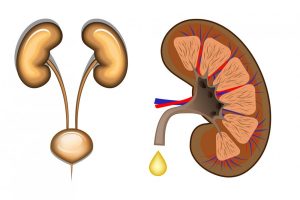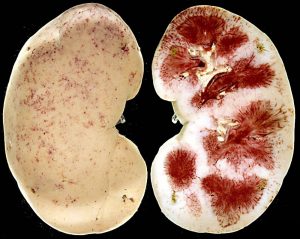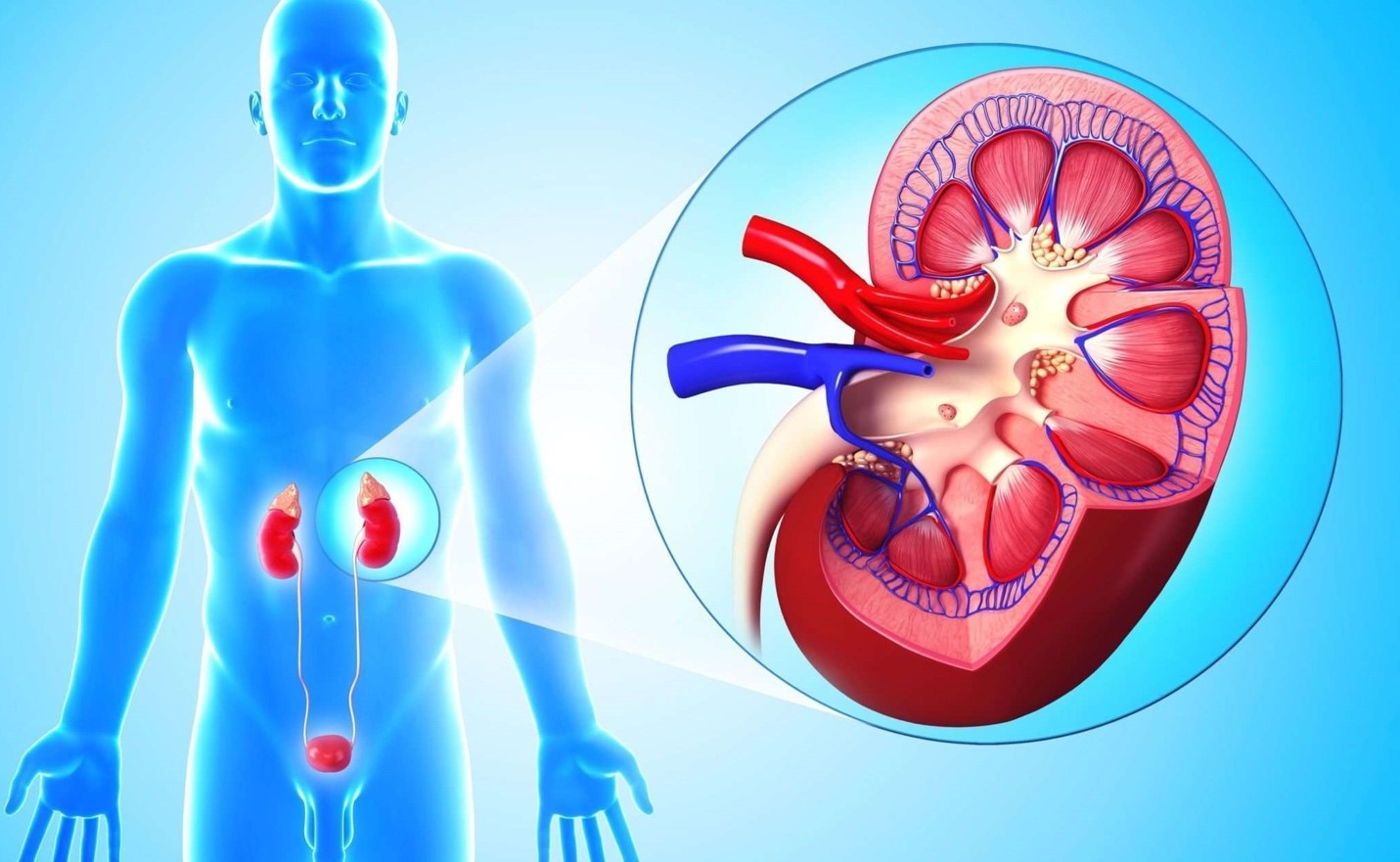There are many questions associated with kidney disease, most often it concerns such pathology as acute pyelonephritis. Let’s deal with this problem together and try to understand what kind of disease it is that many have heard about, but how it manifests itself, which doctor to go to, is not clear.
Let’s start at the beginning, acute pyelonephritis is a microbial inflammation of the kidney tissue and the calyx-pelvic system (these are the parts of the kidney where urine initially enters). Pyelonephritis directly affects the kidney, not the ureters, bladder, or urethra. Diseases affecting the lower urinary tract manifest themselves differently, and the approach to treatment is different.
What leads to pyelonephritis? An infection, namely bacteria, most often the well-known E. coli. She gets there in different ways. The main thing that is important to understand is that pyelonephritis is an infectious disease and is treated accordingly.
We also know who are at higher risk of having this disease, these are girls, pregnant women and women after childbirth. This is due to the structural features of the female body, cyclical and non-cyclical changes in hormonal levels, as well as gynecological diseases. In addition, risk factors are urinary tract stones, prolapse of the kidney, urodynamic disorders, developmental anomalies.
Hypothermia in the presence of chronic inflammatory foci in the body can also provoke the development of acute pyelonephritis. Inflammatory foci are carious teeth, chronic tonsillitis, prostatitis, inflammation of the appendages, and so on. Inflammation of the kidneys sometimes occurs after trauma to the back and abdomen, crushing kidney stones, and kidney and urinary tract surgery. It often manifests itself in patients with diabetes mellitus. In men after 40-50 years, it may appear on the background of prostatitis, adenoma or prostate cancer. People with risk factors need routine follow-up by a urologist and nephrologist.
Now let’s move on to the manifestations of the disease or, as doctors say, the clinical picture.
Acute pyelonephritis is characterized by a sudden onset with a sharp rise in temperature up to 38-40C, which is accompanied by chills, pouring sweat, headache, loss of appetite, dry mouth, nausea, vomiting, general weakness, pain in muscles and joints. Against this background, there are pains in the lumbar region of varying intensity, as well as changes in the urine. The pain in the lumbar region increases with feeling, walking. Possible pain in the lateral parts of the abdomen. Sometimes, more often in women, the disease begins with frequent, painful urination, discomfort and pain above the bosom, blood in the urine.
If you or your loved ones suspect acute pyelonephritis, you need to urgently consult a doctor or call an ambulance. Particular attention should be paid to the appearance of these signs in children, the elderly and senile, pregnant women.
It is necessary to conduct a number of studies to clarify the diagnosis, the doctor will definitely prescribe urine, blood tests, ultrasound of the kidneys and bladder, sometimes X-rays and MRI.
The doctor also needs to exclude other acute diseases that may have a similar picture – cholecystitis, pancreatitis, appendicitis, inflammatory diseases of the appendages, inflammation of the prostate, as well as influenza, pneumonia, intestinal infections.
Treatment of pyelonephritis https://en.wikipedia.org/wiki/Pyelonephritis is complex and individual, aimed at combating not only the pathogen, but also at eliminating the inflammatory process and correcting the factors that provoked it. After recovery, dispensary observation of a urologist and nephrologist is necessary in order to prevent the re-emergence of the disease.
With timely diagnosis and proper treatment, the prognosis is positive, however, acute pyelonephritis often becomes chronic. With proper treatment and supervision, the disease progresses slowly, proceeds favorably.



